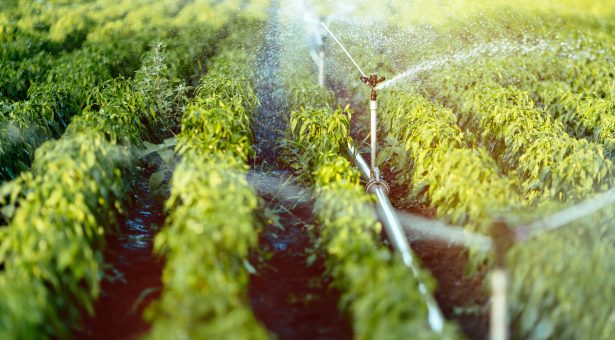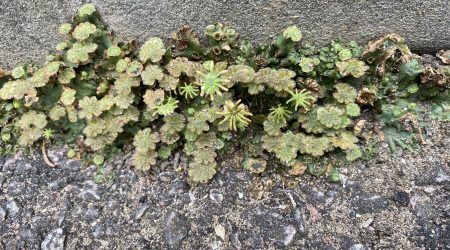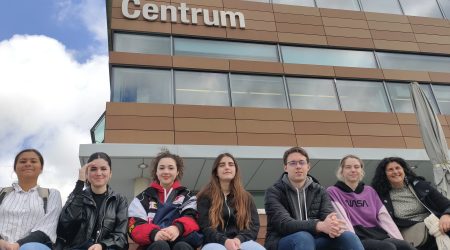Boost for research to reduce pesticide use

We are delighted to announce the appointment of Dr Saskia Hogenhout, an expert in insect-borne microorganisms that cause disease in plants.
These tiny parasitic bacteria, called phytoplasmas, live in the sap of plants and are spread by insects such as leafhoppers.
Phytoplasmas cause a wide variety of diseases in economically important crops, the full range of which is still not fully known.
Dr Hogenhout’s research will look at the complex interactions between parasites, insects and plants.
To survive, the phytoplasma must overcome the natural resistance of both plants and insects. The phytoplasma does not simply hide from the hosts’ immune system; it is able to manipulate both plants and insects to its own advantage.
Resistance to insect attack is an important area of research, as pressure to reduce the use of harmful pesticides means that finding other ways of boosting a crop’s resistance to pests is of great economic and environmental importance.
Saskia has joined the John Innes Centre from The Ohio State University in the US where she has been an Assistant and Associate Professor for the past eight years.
Her work spans the fields of genetics, biochemistry, genomics, and microscopy and will make use of our Insectary facilities.
She says: “The John Innes Centre has an outstanding reputation in plant research worldwide providing an excellent environment for integrative molecular studies on plants, microbes and insects. My aim is to strengthen the John Innes Cnetre research portfolio with regards to the topics of insects and insect-transmitted microbes.”



